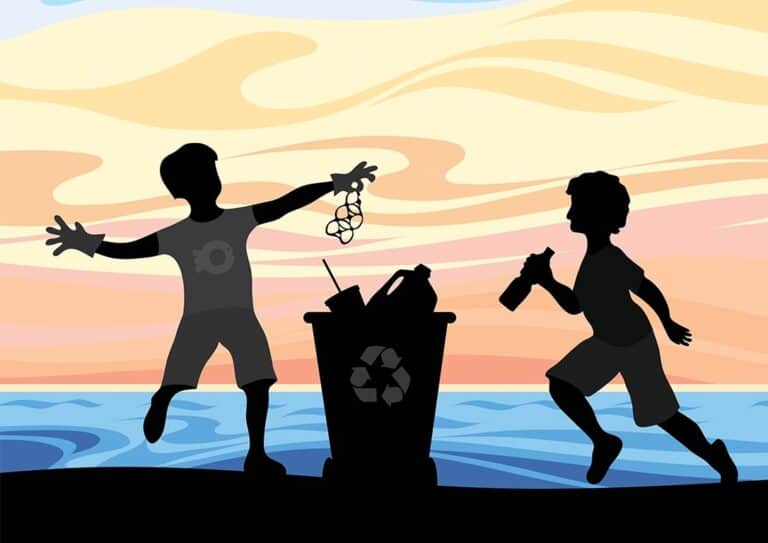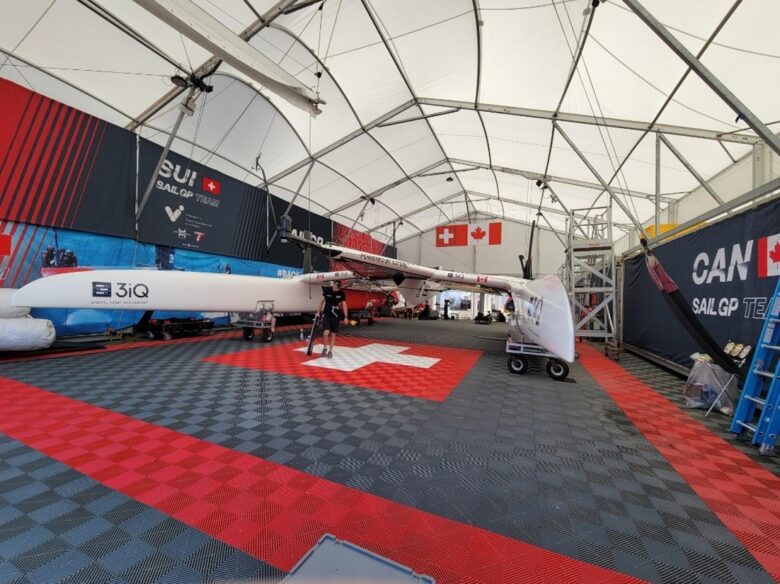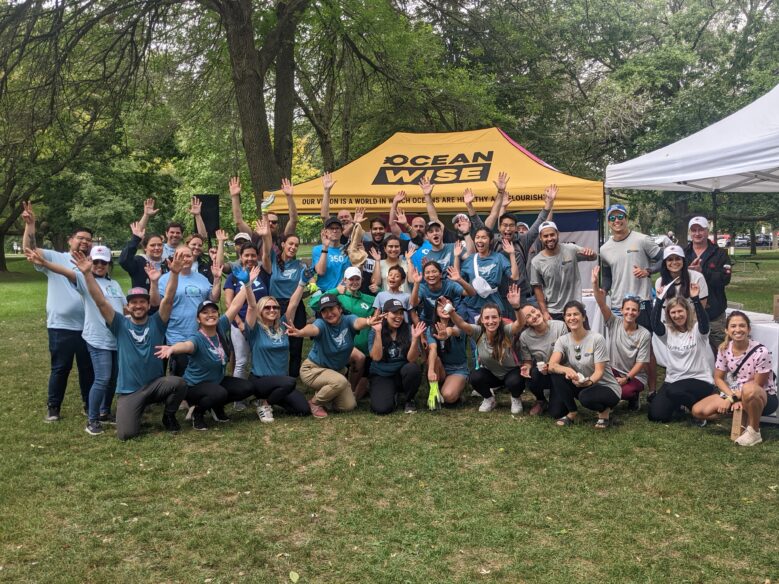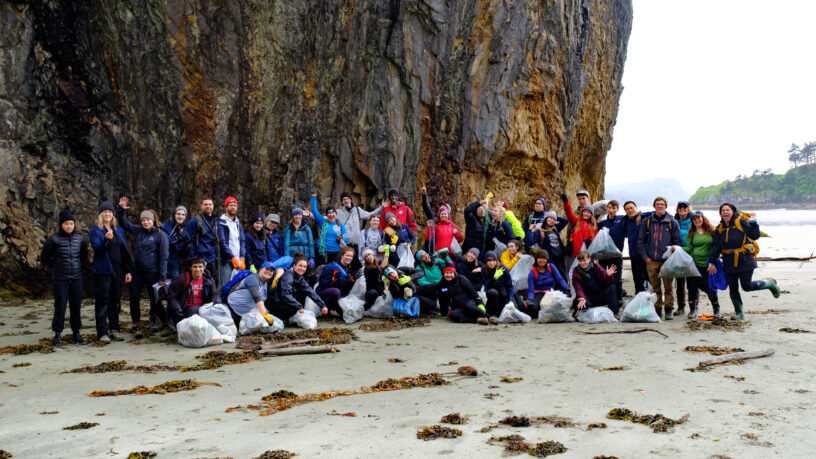
The 1,000-Strong Shoreline Cleanup
Every year, Edmonton teacher Nick Riemann leads a school-wide cleanup of nearly 1,000 student volunteers. The Great Canadian Shoreline Cleanup caught up with Nick to find out how science experiments in a marsh sparked a tradition of cleanups and his tips for coordinating an amazing large-scale endeavour.
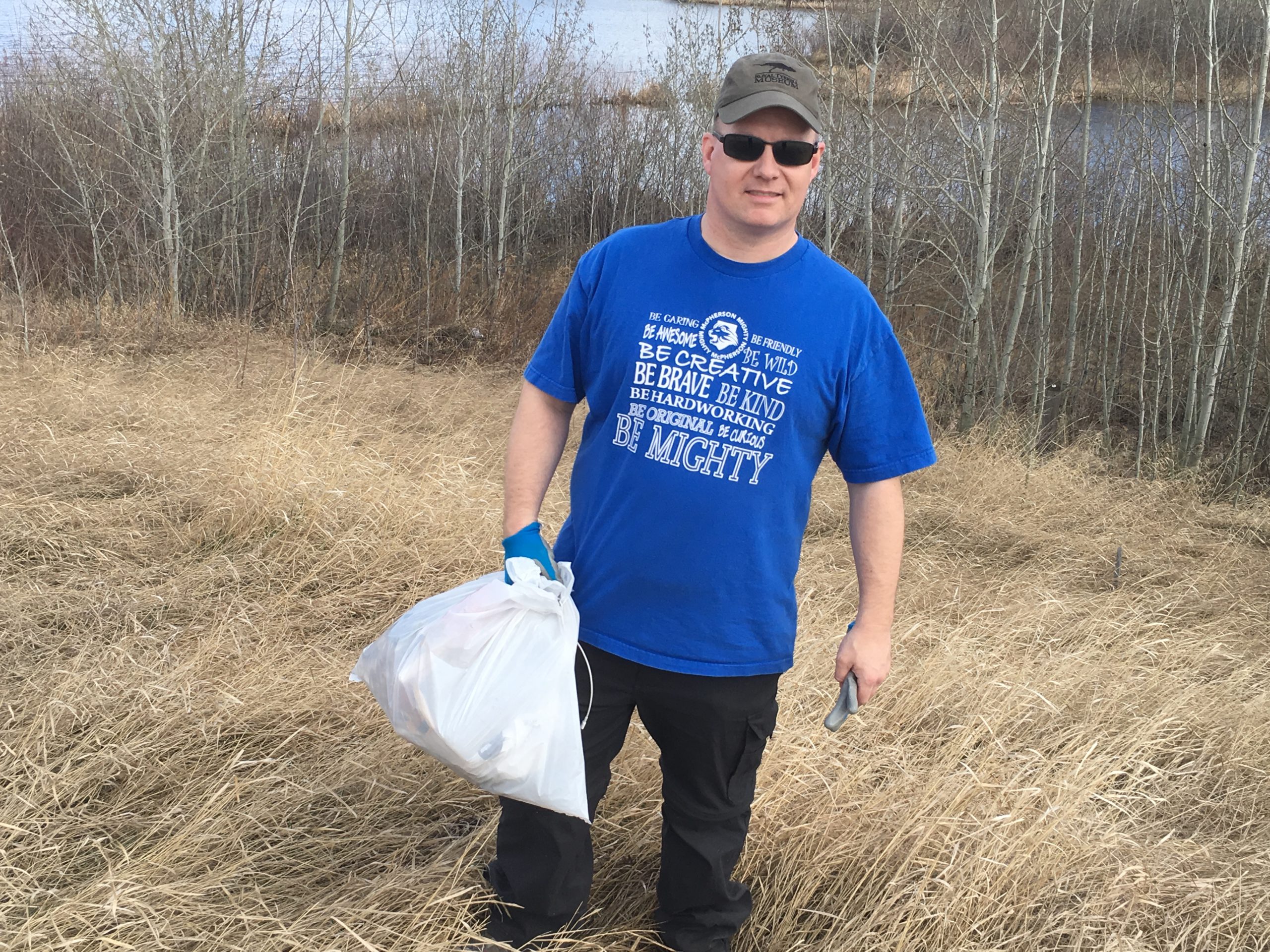
[question]Why did you want to clean up your local waterway?[/question]
[answer]Every day, my drive to A. Blair McPherson School takes me past the Fulton Creek Marshlands. One day I brought a class there to do water testing for a science lab to investigate the effects of a local tree farm on the water chemistry and we marveled at the diverse ecosystem. However, we also noticed the amount of plastic, garbage and other pollutants that were nearby as homes and shopping centers crept closer. The students and I knew that in order to help maintain and keep it clean, we needed to step in.[/answer]
[question]In your six years of taking part in the Great Canadian Shoreline Cleanup, do you have any memorable cleanups?[/question]
[answer]One cleanup moment that stands out in particular was when we had a decent snowfall the night before our annual spring cleanup. My class was excited to get out and start, but we could not because snow covered everything! We rescheduled for later in the week and found four shopping carts in addition to loads of garbage. The carts came in handy in transporting our garbage away from the marshland. As we returned the carts to their respective stores, we laughed and reflected on what we had just accomplished.[/answer]
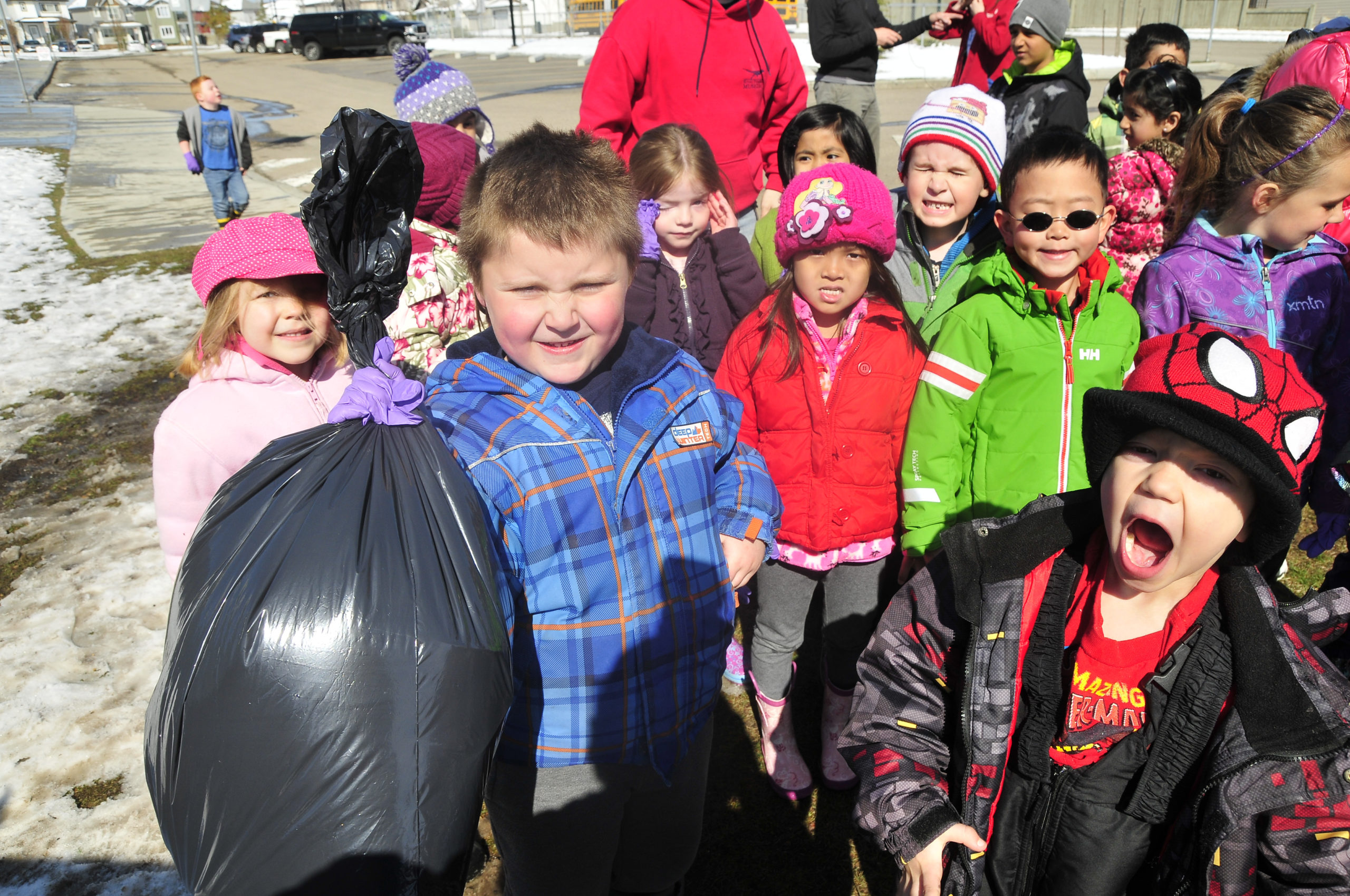
[question]What is it like coordinating such a large cleanup team?[/question]
[answer]It takes a lot of time to schedule a date and create the experience for so many students and teachers. The coolest part of teaching science is showing kids that they have an ability to make a difference and that a cleanup really is a science call to action. Over the last few years, students have taken on an organizing role. They’re responsible for letting their classrooms know the location of their cleanup, gathering supplies and compiling litter data.[/answer]
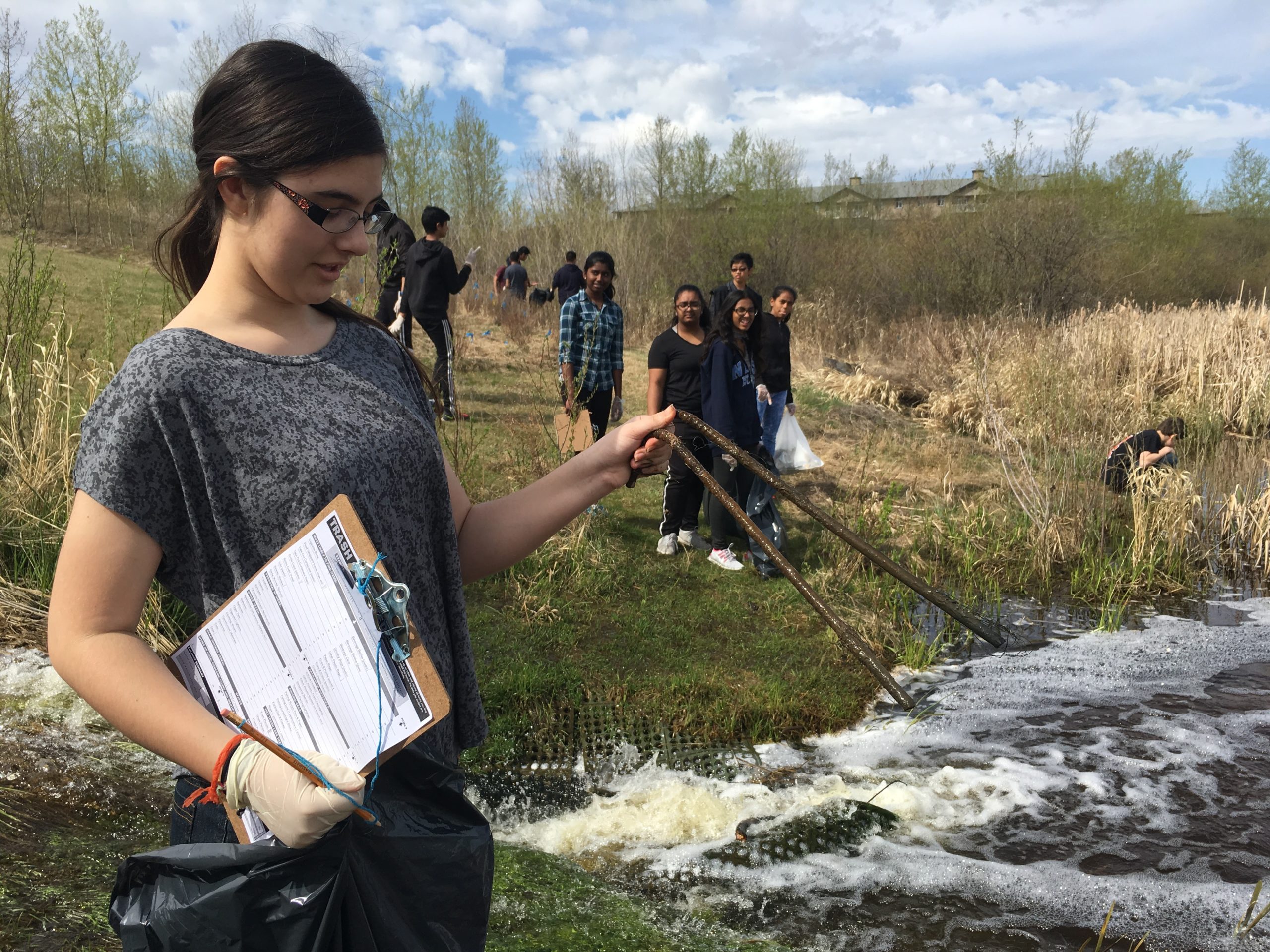
[question]Any tips for others looking to do school wide cleanups too?[/question]
[answer]From us here at A. Blair McPherson School, we say to other schools: get involved! If every school adopted a waterway, pond or lake, we would be in a much better place. I’m extremely glad I got involved. In a way, I feel like the marshland belongs to my students and they have had a say in taking care of it, and will continue to do so in the future.[/answer]
The Great Canadian Shoreline Cleanup, presented by Loblaw Companies Limited, is one of the largest direct action conservation programs in Canada. A conservation partnership by Ocean Wise and WWF-Canada, the Shoreline Cleanup aims to promote understanding of shoreline litter issues by engaging Canadians to rehabilitate shoreline areas through cleanups. Find out more at www.shorelinecleanup.ca.
Posted August 28, 2018 by Ocean Wise

